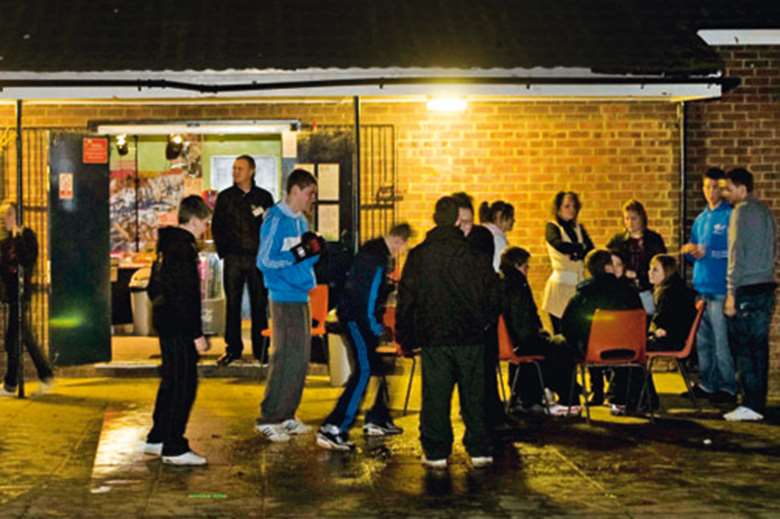Poor young people have more pessimistic health outlook
Jess Brown
Wednesday, December 9, 2015
Young people from deprived areas rate themselves as having lower life satisfaction and worse health than their peers, according to research.

One in six 15-year-olds who come from deprived areas reported having low life satisfaction compared with around one in 10 of those living in the least deprived areas, the Health and Social Care Information Centre has found.
The What About YOUth? Survey asked more than 100,000 15-year-olds to self-report on health and wellbeing indicators including self-esteem, alcohol and drug use, and overall health.
It found that 27 per cent of young people in the most deprived communities had smoked, compared with 21 per cent of young people in the least deprived areas.
Young people from the most deprived areas were also three percentage points more likely to report they had been bullied.
Those from deprived backgrounds were nine percentage points less likely to rate their health as “excellent”, and seven percentage points more likely to state that their health was “fair or poor”.
Nearly a third of young people from deprived backgrounds had displayed illegal and unhealthy behaviours, compared with a fifth of their peers.
Zoe Renton, head of policy, public affairs and information at the National Children’s Bureau, said the impact that poverty has on a young person's future prospects is unacceptable.
“The survey illustrates the link between growing up in poverty and having poor health in adolescence, which will have long-lasting effects on a young person’s future health, learning and employment prospects," she said.
“Our recent report, Poor Beginnings, revealed dramatic variations in young children’s health across the country and the correlation between poor early health and growing up in deprivation.
“Together these reports show an unacceptable gap between rich and poor, which persists from birth through to adolescence and beyond."
She added that more research is needed to understand why some councils are successfully "breaking the link" between poverty and wellbeing and how that good practice can be shared with others.
“Local authorities now have a real opportunity to put in place strategies for promoting children’s health and wellbeing, but they need the resources and knowledge to do this," she said.
“It is vital that young people’s experiences continue to be monitored so that local authorities can measure progress over coming years, and government must demonstrate their commitment to early intervention; prioritising and protecting funding for public health services for children."
The findings also revealed differences between genders, and found that girls were more likely to have experienced bullying, including cyberbullying, than boys.
Lucie Russell, director of campaigns and media at YoungMinds, said the findings reveal the pressures young people are facing.
“These figures are yet further evidence of the pressure-cooker environment children and young people are growing up in and in particular the pernicious effect the online world has in affecting their self-esteem when exposed to cyberbullying or negative body images.
“As this report shows, girls in particular are feeling intense pressure, but boys are suffering too. We have to build the capacity for all children and young people to navigate through their childhoods successfully so they can grow up healthy and happy.”




